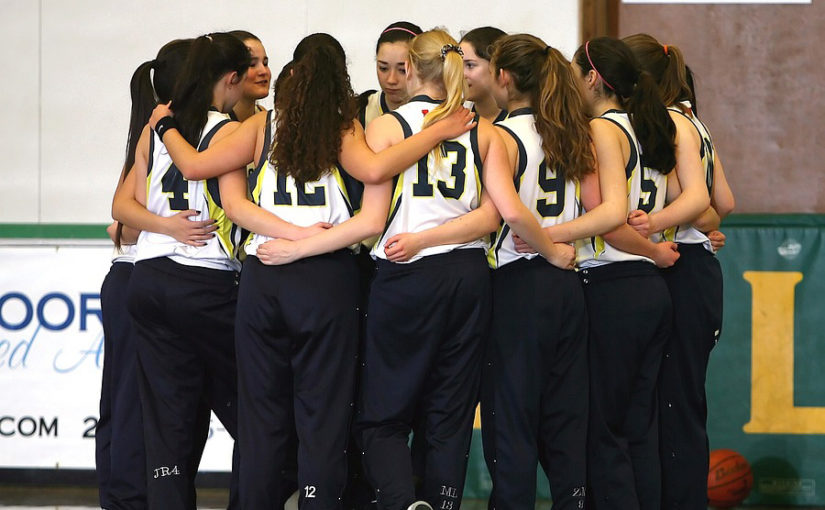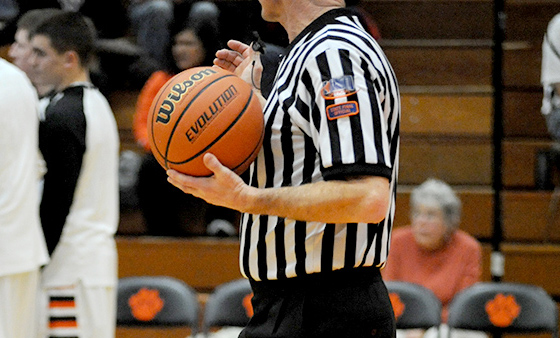Virginia Tech releases inaugural ratings for youth football helmets
The majority of people playing football in the U.S. aren’t NFL players or collegiate athletes — they’re youth players, less than 14 years old. But until now, there hasn’t been independent data evaluating the effectiveness of the helmets these athletes wear on the field.
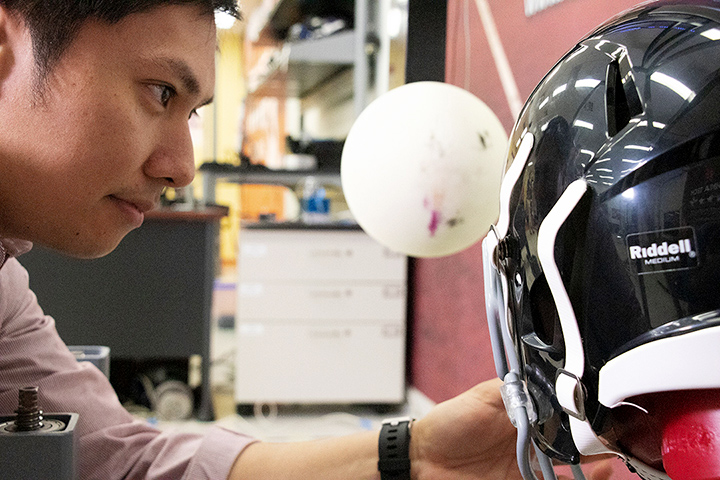
Data from the group’s studies of head impacts among youth football players allowed them to design test methods that reflect the types of impacts these athletes actually experience on the field.
“For the first time we’ve adapted the way we evaluate helmets in the lab to be youth-specific,” explained Steve Rowson, an associate professor of biomedical engineering and mechanics and the Helmet Lab’s director. “Now, players, parents, leagues, and coaches have access to independent data about which helmets offer the best protection, and they can use the ratings as a tool to make informed decisions.”
Seven helmet models earned five stars — the highest possible rating — and the rest earned three or four. The ratings include every youth football helmet currently on the market, and every company had at least one five-star model.
Here are the ratings (lower scores represent a higher-rated helmet):
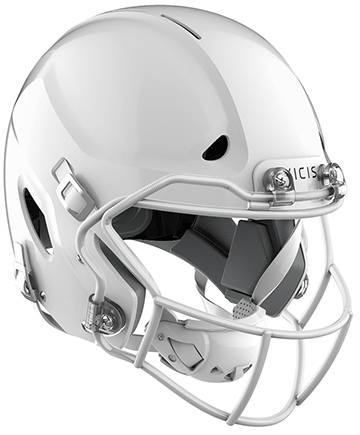
★★★★★ (5 stars)
- VICIS Zero1 Youth: 0.69 score
- Xenith Youth X2E+: 2.11
- Schutt Youth F7: 2.35
- Xenith Youth Epic+: 3.13
- Schutt Youth Vengeance A3+: 3.40
- Riddell Youth SpeedFlex: 3.90
- Schutt Youth Vengeance A3: 4.37
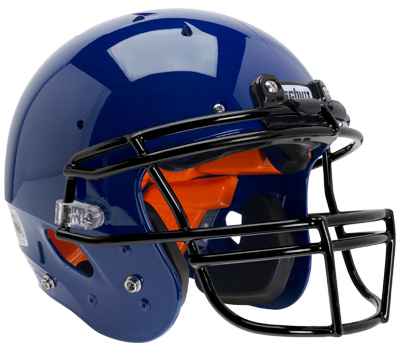
★★★★ (4 stars)
- Schutt Youth Recruit R3+: 5.32
- Schutt Youth Recruit Hybrid: 6.10
- Schutt Youth Vengeance Pro: 6.24
- Riddell Youth Victor-i: 6.65
- Schutt Youth Air Standard V: 7.21
- Riddell Youth Victor: 7.84
- Riddell Youth Speed 2019: 9.14
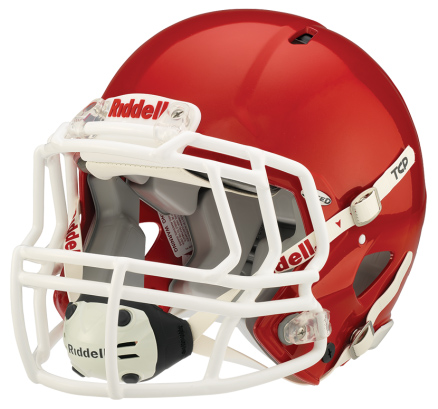
★★★ (3 stars)
- Riddell Youth Speed Classic: 10.50
- Riddell Youth Speed: 11.79
- Schutt Youth Vengeance Z10: 13.17
The Virginia Tech Helmet Lab has been rating varsity football helmets since 2011; their five-star scale, which they have since expanded to other sports, has provided more clarity to consumers and helped drive innovation in the helmet industry. Most varsity football helmets had corresponding youth versions, but there were often few differences between them — not because concussion risk is identical between the two groups, but because there was little data describing how risk differs for youth players.
“Kids aren’t just scaled-down adults,” Rowson explained. “Their heads are larger relative to their necks; their necks are weaker; and their brains are still developing.”
Each helmet model went through 48 tests that covered four impact locations and three impact velocities. The helmets were fitted on a dummy headform and neck modeled after the average male between 10 and 12 years old. During each impact, sensors in the headform measured its linear and rotational acceleration.
The helmets that effectively reduced head acceleration during impacts earned higher scores. Rowson’s team found that helmets that didn’t perform as well in the ratings typically had front pads that were too stiff.
The research team will continue to update the ratings as new helmets are released. In the meantime, they’re working on developing youth-specific testing protocols for other sports.
Learn more about Virginia Tech’s helmet ratings, and read up on the test’s methodology.

